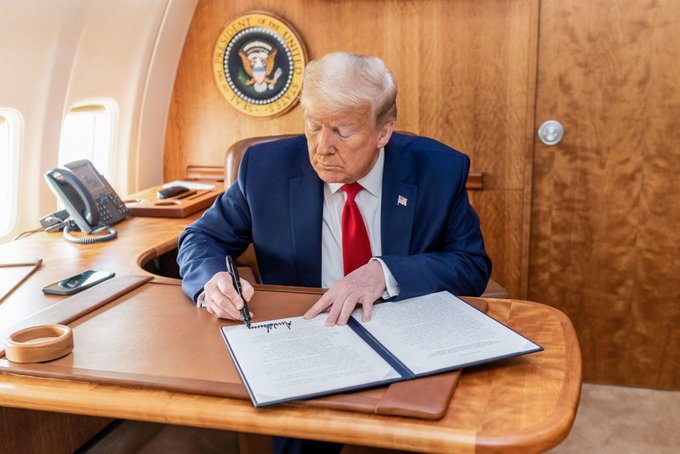In a strategic move to bolster U.S. national security and economic resilience, former President Donald Trump is reportedly drafting an executive order aimed at enabling the United States to stockpile critical minerals found on the Pacific Ocean seabed, according to a recent report by the Financial Times. The executive order underscores growing concerns in Washington over resource dependency and global competition for rare earth elements vital to modern technologies.
The Strategic Importance of Seabed Minerals
Deep beneath the Pacific Ocean lie vast reserves of polymetallic nodules—rock-like formations rich in key minerals such as cobalt, nickel, manganese, and rare earth elements. These materials are essential for the manufacture of high-tech devices, renewable energy systems, electric vehicles, and advanced defense applications.
Currently, the U.S. relies heavily on imports for many of these resources, with a significant portion coming from geopolitical rivals, including China. This dependence has raised alarms within the federal government, prompting discussions about diversifying sources and securing long-term supplies through domestic and international means.
Trump’s Executive Order: Objectives and Implications
The executive order, which is still in development, is expected to lay the legal and policy groundwork for future exploration and extraction efforts in international waters. The document will reportedly encourage federal agencies to assess the feasibility of deep-sea mining and establish partnerships with private companies capable of harvesting these resources.
Key provisions may include:
-
Mandates for federal research into seabed mining technologies.
-
Directives to develop regulatory frameworks for U.S.-flagged mining operations.
-
Provisions to stockpile extracted minerals for strategic use.
-
Support for alliances with Pacific nations and territories rich in undersea deposits.
Environmental and Legal Challenges
While the initiative is seen as a bold step toward resource independence, it faces significant legal and environmental hurdles. The United Nations Convention on the Law of the Sea (UNCLOS), which governs activities in international waters, includes strict rules on deep-sea mining. The U.S. has not ratified UNCLOS, which complicates its legal position on seabed claims and mining rights.
Moreover, environmental groups have voiced concerns about the potential ecological impact of disturbing fragile marine ecosystems. Deep-sea mining could damage habitats that are still largely unexplored and not fully understood by scientists.
A Shift in U.S. Resource Strategy
If implemented, Trump’s executive order would mark a significant shift in the U.S. approach to securing critical minerals. It aligns with broader bipartisan efforts to reduce dependence on foreign sources and assert American leadership in next-generation energy and defense technologies.
In recent years, the Department of Defense and Department of Energy have both increased funding for critical mineral research and supply chain development. The move toward ocean-based resources represents a new frontier in this strategic effort.

